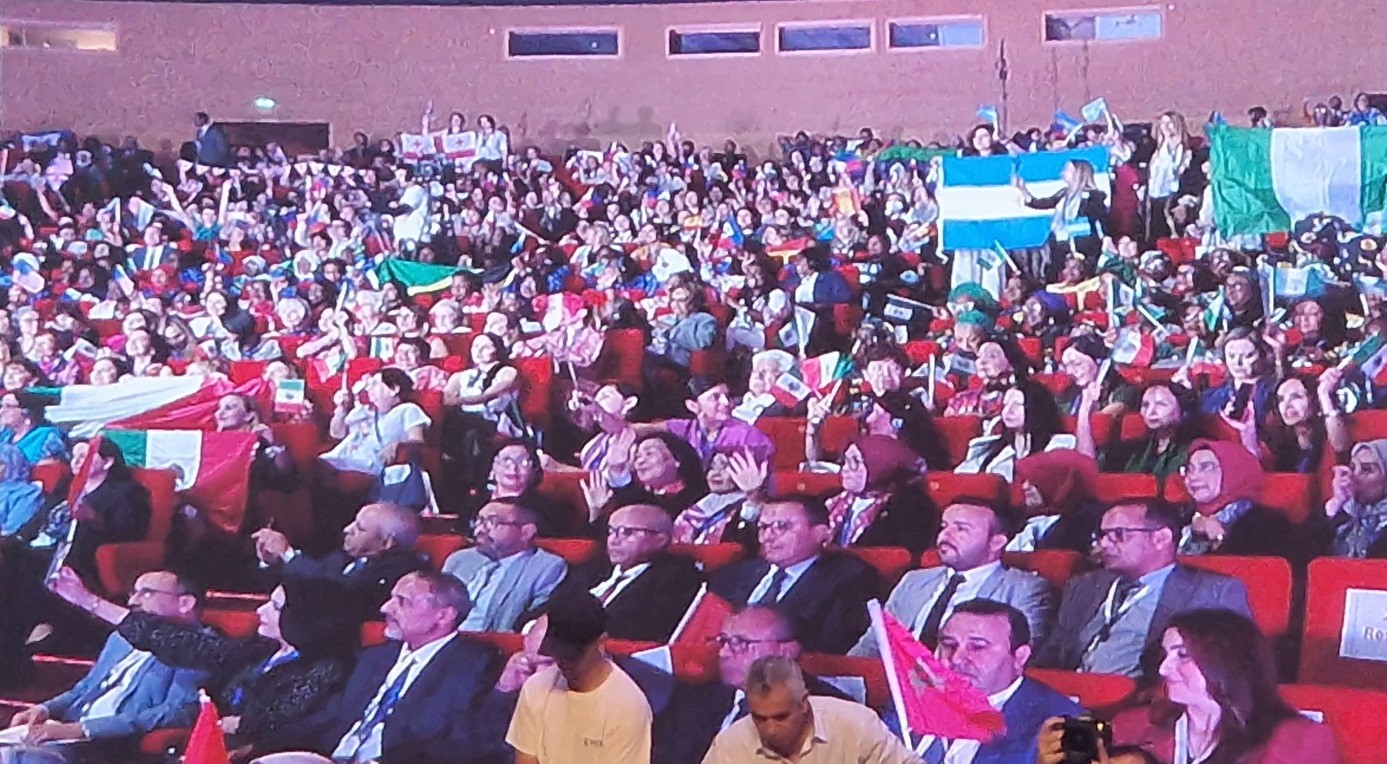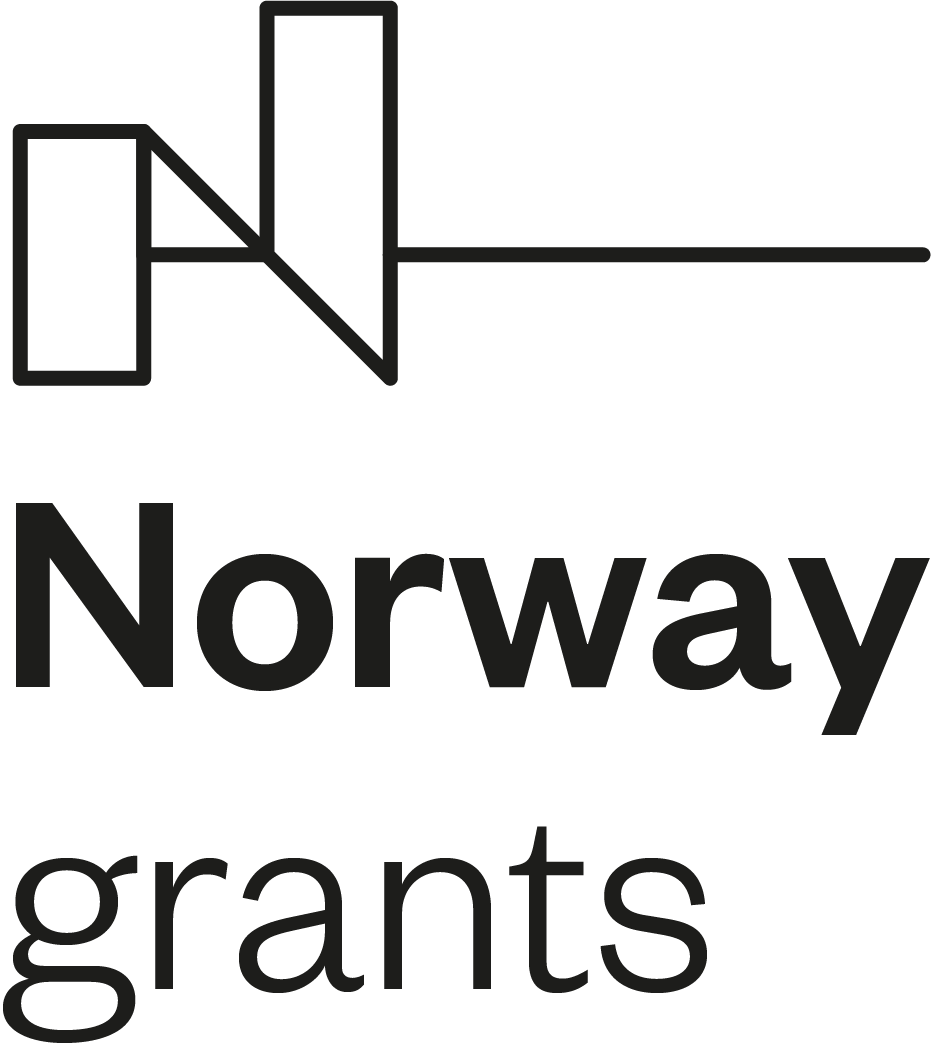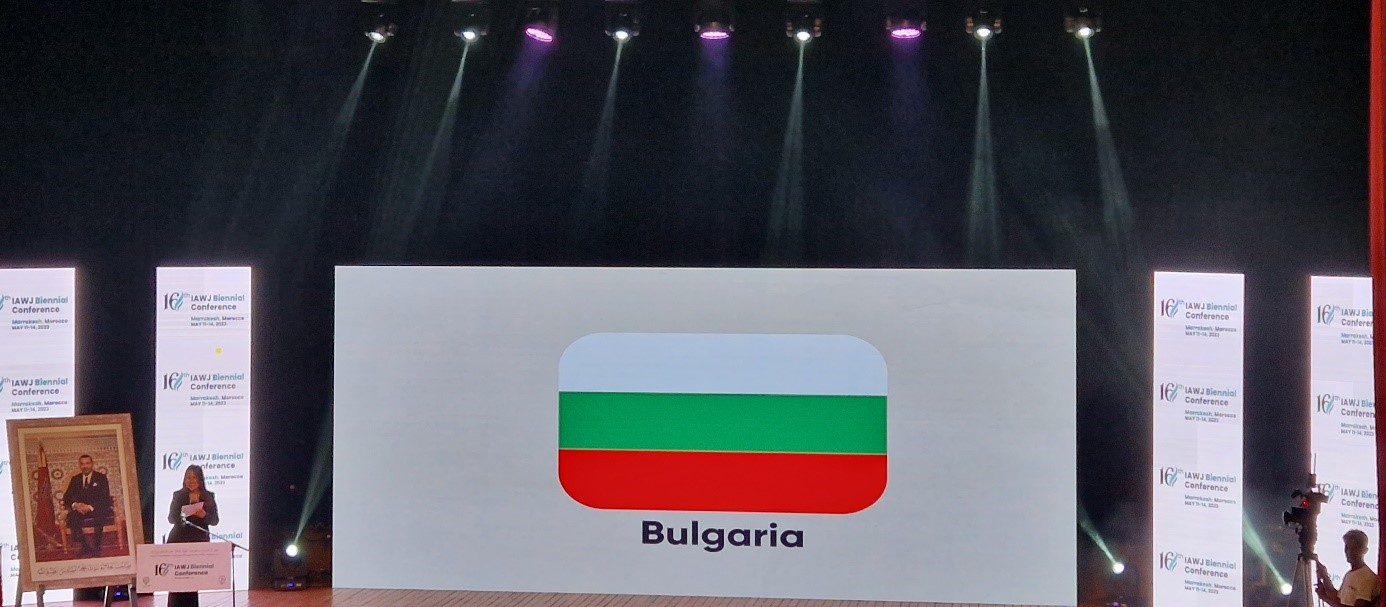Short and emotional comment
Angelina Lazarova
Judge at Varna Court of Appeal
To experience the days of the 16th IAWJ Conference with more than a thousand female judges from 72 countries was a real professional adventure. Not only because of the antiquity and exotic of Morocco, where in Marrakesh, from 11 to 14 May 2023, the meeting was held, at the invitation of the Union of Women Judges of the Kingdom. Combined with the atmosphere saturated with national flags, colors, emotions, different cultures, traditions, multilingual conversations and songs, with the surprising level of technological resources provided by the organisers, even the external frames of the event were remarkable and unique.
After the distraction of the euphoria from falling into such an environment, greetings and musical greetings at the opening of the conference,  in the process of communicating with the multi-national collegial community, I realised the more important thing. Regardless of the continent on which we live, the structure of the judicial system, the laws and rules we apply, the Togas or the other clothing we sit with, we are all united when we talk about independence, equality, justice. Understanding the content that is embedded in these basic ethical principles, in courtrooms all over the world is the same. Professional nobility, maintenance of competence, granting of equal conditions for participation in cases, integrity, responsibility for judicial decisions, are inherent in those called to administer justice.
in the process of communicating with the multi-national collegial community, I realised the more important thing. Regardless of the continent on which we live, the structure of the judicial system, the laws and rules we apply, the Togas or the other clothing we sit with, we are all united when we talk about independence, equality, justice. Understanding the content that is embedded in these basic ethical principles, in courtrooms all over the world is the same. Professional nobility, maintenance of competence, granting of equal conditions for participation in cases, integrity, responsibility for judicial decisions, are inherent in those called to administer justice.
By virtue of political, economic, religious, social factors, states provide different conditions and guarantees for the realisation of the principles. Overcoming this truth and increasing the promotion of independence and equality, together with the provision of guarantees for the professional statute of female judges form the mission of the IAWJ. The colleagues with whom I had the honor to speak, including Lady Brenda Hale, former President of the Supreme Court of the United Kingdom and former President of IAWJ, are personally committed to the cause. They discuss the achievements and the future steps they intend to take to increase the number of women in judicial systems, to motivate female judges to apply for higher instances and to gain the confidence that they can resolve the disputes of their citizens fairly. They do not want to take over the judiciary in countries, but to be allowed, to be equal, to contribute with their knowledge, skills and sensitivity to the promotion of the rule of law. I will avoid negative statistics easily identified by the indices measuring justice systems by race, age, gender, number of judges relative to population, etc. presented in the reports of IAWJ and other international organisations. Among the participants were representatives of countries with developed democratic traditions, unlimited opportunities and different professional self-confidence, who generously shared their experience and ideas. And every debate ended with the unanimously supported motto: “More women, more justice.”
Solidarity is a core value of IAWJ, genuine, not just declared. When, in early 2021, under the ‘reforms’ undertaken by the Taliban in Afghanistan to dismiss women from all public positions, the around 250 colleagues (about 10 % of all judges) had a life turnaround. At the same time, many prisoners convicted by female judges were pardoned, and as they left prisons, they began to make direct threats. When two of the judges were shot on the way to work by an unknown motorcyclist, there occurred an extreme risk to the health and life of the others. It is the IAWJ that is taking immediate action to evacuate them to different countries. Some of the rescued took part in the conference.
They shared their personal stories, cried, sang along with the colleagues who helped them… The tragedy for these women and their families left in Afghanistan continues. Their desire to return to their country and continue to work as judges seems unfeasible at the moment. One of them said: Thank you for inviting us and treating us as equals, even though we are no longer judges.
In other panels of the forum were discussed specifics of trauma caused by domestic violence, trafficking in human beings, other criminal acts, including in the virtual space, as well as the recovery of victims, with a focus on emotional intelligence and empathy of judges. The first ecclesiastical judge in Palestine told about the difficulties of the ordinary woman in a country with dozens religions and their different rules, applied along with the secular, some binding her birth, others – education and work, family life and the inability to part with her husband, no matter how often he forced her and from what addictions he suffered. She showed her ecclesiastical court, the premises for support groups, shared about cases of change of religion only in order to achieve divorce and start a new life.
The topics of digitalization and innovation in judicial systems also had a significant discussion. Experience, good practices, risks and future orientations have been shared by many countries, including the Philippines and Morocco. We also saw the modern court building of the civil and commercial courts in Marrakech, the courtrooms with large pictures of the King of Morocco and texts from the Quran, the computers of the secretaries, the spacious waiting rooms, the wardrobe and the rooms for judges.
During the conference, a vote was held and the election of a new president of the association was celebrated – Judge Binta Nyako from Nigeria. The place of the next conference in 2025 was also determined. — South Africa, Cape Town. My new friend, a judge at the High court there, Ruby Matthys, is very insisting that I go.
According to the organizers, Bulgaria for the first time participated in a forum of IAWJ, officially among the other flags the Bulgarian was presented.
I hope you already understand and justify the emotionality of this comment. A professional adventure, but also a reason for satisfaction, is to recognise the values you profess in colleagues from so many countries, seeing a part of your world through their eyes. And to proceed together, each to their courtroom.




